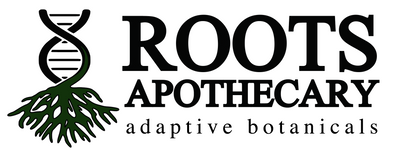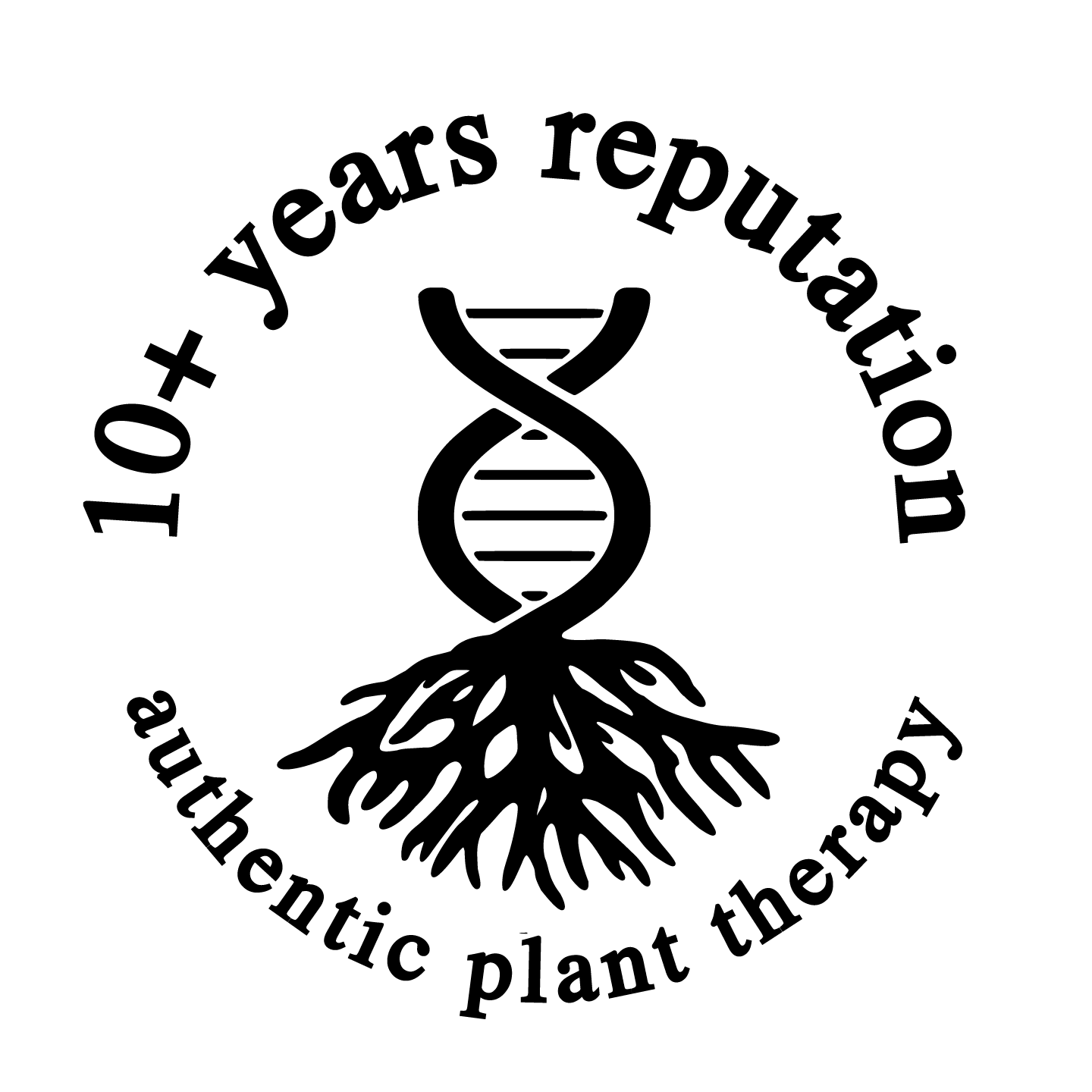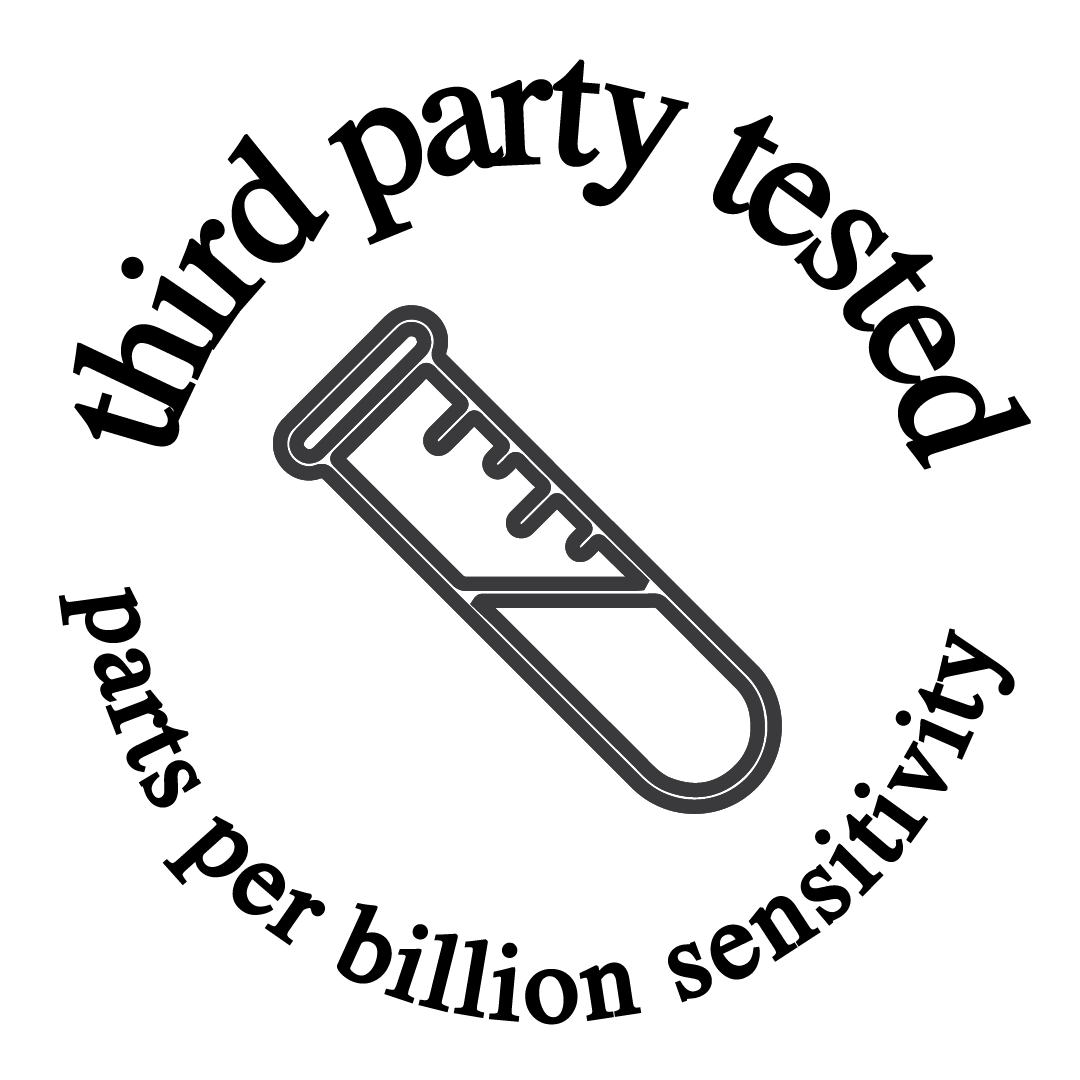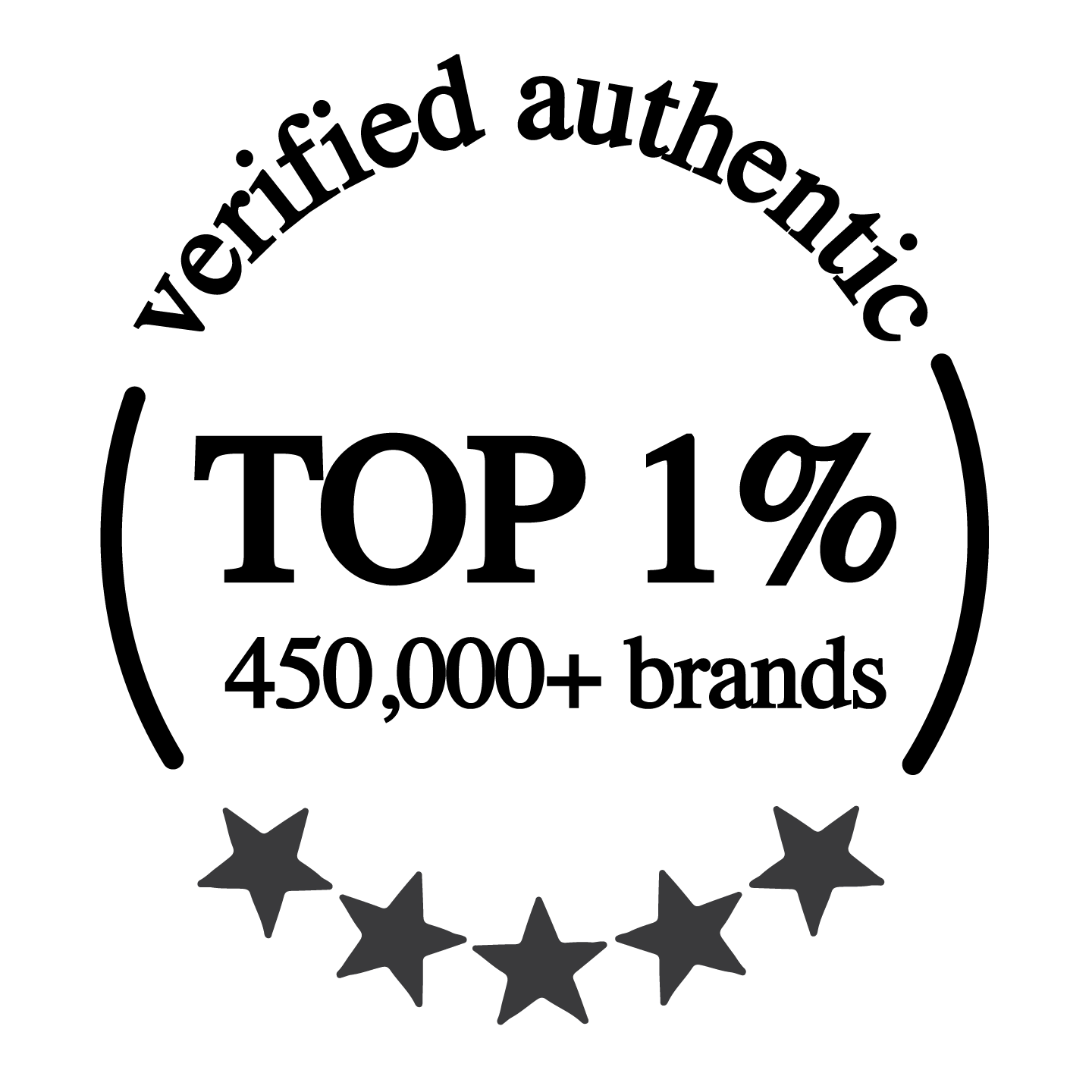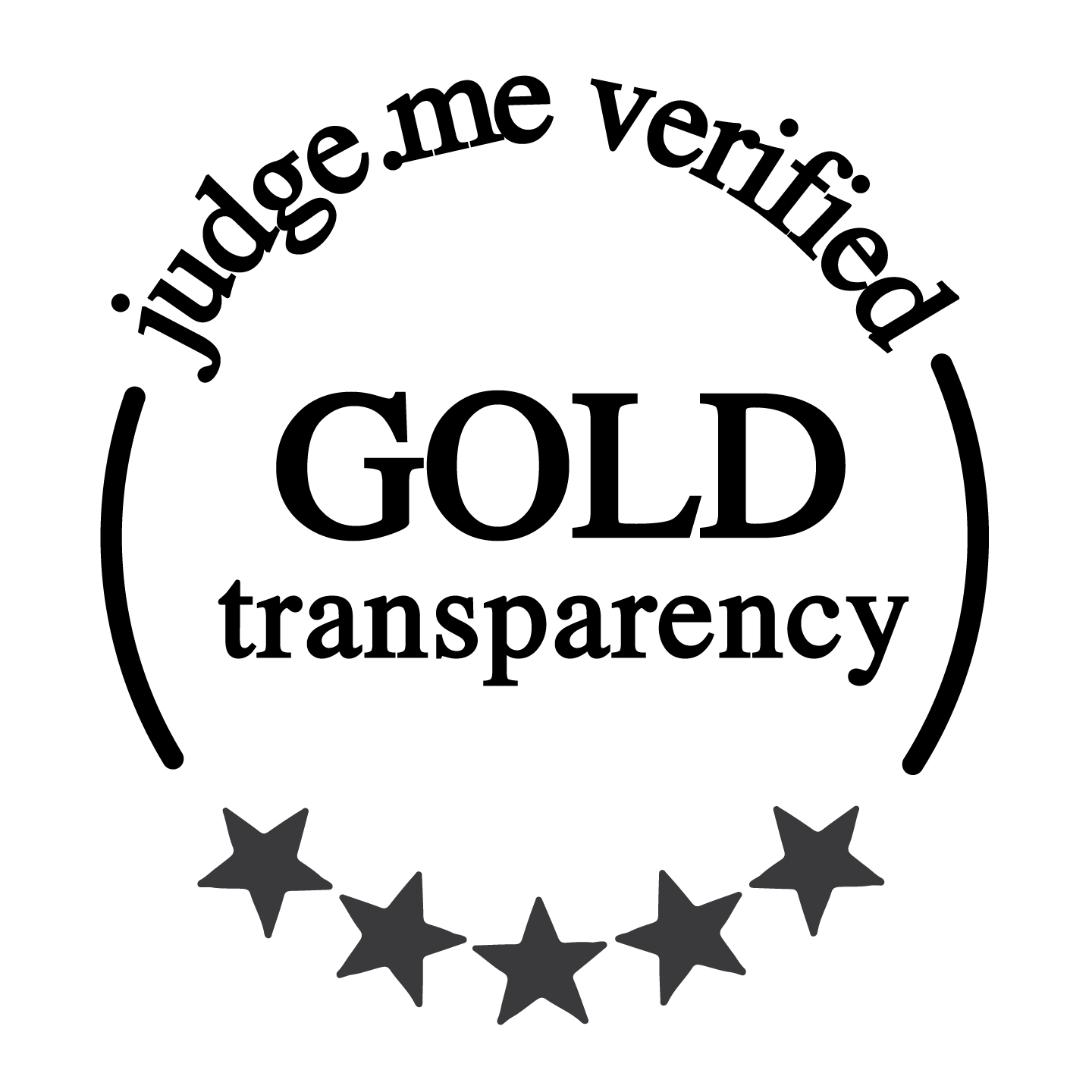Acne Protocal
Roots Apothecary Acne Protocol
A Foundational Approach: Brief Overview
Intro
Skin complications, such as acne, are the result of internal and external imbalances in bacterial flora, inflammation and sebum production. These imbalances can be caused by nutritional deficiencies, hormone imbalances and toxicity. We don't advocate for short term treatment of acne by aggressively attacking p.acnes bacteria directly. Many people who experience breakouts turn to active ingredients that target the p.acnes bacteria and "dry out" skin as a first course of action. The use of strong detergent cleansers and synthetic filled acne creams may address acute acne symptoms, but often damage the skin's beneficial flora, disrupt lipid barrier integrity, and trigger inflammation. All of these consequences can lead to worse breakouts or dependence on active ingredients. Many people report a worsening of acne immediately after discontinuing common acne treatments. These products often leave the skin more susceptible to breakouts and inflammation due to an overall weakened immune system. We believe building a stronger immune system, balancing sebum production, reducing inflammation and avoiding toxic ingredients should be the first approach and can yield more sustainable results.
Drying Oily Skin: A Vicious Cycle
It's common practice to dry breakouts (and oily skin) with alcohols, drying pads or strong detergents. Understanding how a pimple is formed will help explain why this approach is backwards. A pimple is formed when sebum is produced in the hair follicle (sebaceous gland meets the hair follicle in the dermis layer) and gets trapped on its way to the surface of the skin, allowing the p.acnes bacteria to culture and feed on trapped material. This causes inflammation which manifests as a breakout / pimple.
Excessively drying your skin can cause more irritation, signaling the sebaceous gland to produce more sebum and triggering the immune / inflammatory response. Your skin builds a lipid barrier to defend against exterior pathogens / toxins and to retain moisture. Striping the lipid barrier can result in further sensitivities and inflammation, causing more complication in the long run (in our opinion). When the skin's shield (lipid barrier) is down, the inflammatory response is heightened to compensate for a weakened first line of defense.
Using a mild cleanser that doesn't strip the skin's oils can help maintain lipid barrier integrity, reducing inflammation and excessive sebum production. Immediately following the cleansing process with full spectrum (short, medium and long chain), nutrient dense lipids can further reduce inflammation, build a strong barrier, strengthen the immune system and balance sebum production.
When supplementing with proper oils (non comodegenic, stable & nutrient dense), the sebaceous glands don't need to produce as much sebum to maintain a healthy lipid barrier. Reducing sebum production reduces opportunity for clogged pores. Some people will argue this point and suggest the skin does not operate on a negative feedback loop and does not slow sebum production when the uppermost epidermis already has a lipid barrier. We disagree, as the skin's sebum production is impacted by mechanical and chemical interaction at the surface of the skin, including surface tension of the lipid barrier. While this process is not fully understood and the system may not be a perfect homeostat, stripping oils from the surface of the skin can increase sebum production, and topical supplementation with lipids can slow sebum production. It's a balancing act, like most systems in the body.
Broad Spectrum Anti-microbial (preservatives): Flora Killers
Not all bacteria is bad. We're discovering, in greater detail, that bacteria is completely essential to life and good health. We live in a symbiotic relationship with our "good" bacteria, often referred to as flora. With a strong microbial flora, skin is much more efficient at suppressing harmful bacteria overgrowth. An easy way to visualize this concept is to think of two Petri dishes. One Petri dish is full of bacteria and the other has no bacteria (otherwise control environment in both dishes). If you introduces p.acnes bacteria to both dishes, it would thrive in the dish with no competition compared to the dish already full of bacteria. A similar situation plays out in the entire body, including the skin. When you have a diverse, healthy flora, harmful bacteria cannot thrive as easily due to microbial competition.
Lotions and water based moisturizers / treatments are notoriously guilty of lipid barrier and flora disruption, both integral mechanisms of the skin's immune system. Emulsions must be preserved to be shelf stable. You are very unlikely to find an emulsified moisturizer at a store without a broad spectrum preservative. This would be a liability, as water grows bacteria, mold, yeast and fungus. Introducing a strong culture of "bad bacteria" can cause infection.
To keep the skin's flora healthy, we don't recommend using water based moisturizers, harsh cleansers, antibiotics or strong topical anti-bacterial treatments for addressing acne. This may address the current breakout, but will weaken the skin's bacterial flora and can create an environment where bad bacteria (including p.acnes) can thrive.
We advocate for the use of mild cleansers and 100% oil moisturizers that do not require broad spectrum anti-microbial preservatives to be shelf stable. Oil moisturizers do not disrupt the lipid barrier and readily absorb through the epidermis.
exception: liposomal delivery of active ingredients can be very efficient and effective. We are not against topical liposomal delivery, but it should only be used for necessary drug or vitamin delivery.
Toxicity
One of the skin's primary roles as a barrier between your internal body and the external environment is deciding whether a chemical is "good or bad". Frequent use of synthetic or harsh ingredients can cause your skin to stay in a chronic inflammatory "fight mode" (high inflammatory "set points"). This chronic inflammation can have negative consequences on the skin's protein production, structural integrity and new cell generation. Removing synthetic ingredients from your skin care routine can improve your skin's overall health by reducing chronic inflammatory consequences.
In many ways, the skin can be viewed as a window to your internal health. When the internal body is overwhelmed with toxicity and the kidneys cannot efficiently filter and eliminate toxins, it may detoxify through the skin. This can be very inflammatory and disruptive. Keeping the internal body cleansed and balanced is integral to skin health. We strongly encourage people evaluate their diet and consider eliminating as much processed food as possible. Consulting with a naturopathic doctor or nutritionist to guide the detoxification process is advised.
Note: It's always possible that skin conditions may appear to worsen during the first couple days of detoxification. This is normal, ride it out and symptoms will likely improve after the first couple days.
Additional Considerations
Cut the Dairy: Dairy, with its proteins, antibiotics and hormones , can be very inflammatory internally and externally. Even "hormone free", organic dairy can still be very inflammatory to the gut. When the body is internally inflamed, the skin is more likely to be inflamed also. We believe going dairy free is one of the lifestyle changes that can yield the greatest results.
Low Glycemic Diet: You may have noticed breakouts closely following sugar or simple carbohydrate benders. This may not be a myth. Studies show that a low glycemic loads facilitate balanced sebum production where high glycemic loads may cause increased sebum synthesis.
Drink Lots of Water: Staying hydrated is essential for maintaining efficiency in every cellular process and flushing toxins from the body. Hydration aids the detoxification process. This should be pretty obvious.
More Organic Veggies: The typical western diet is generally nutrient deficient. When meats, dairy and simple carbohydrates / sugars dominate your caloric intake, the body is unlikely to operate as designed. A plant based diet (not necessarily vegan or vegetarian, just plant based) will undoubtedly provide a better diversity and concentration of minerals, vitamins and fiber to support the gut microbiome, reducing overall inflammation and toxicity. Avoid GMO's when possible to decrease system toxicity and intestinal permeability / damage.
Consider supplementing with magnesium.
Omega-3 & Turmeric: EPA & DHA are two very important Omega-3 fatty acids that are not naturally produced by the human body (and not efficiently converted from ALA). The typical western diet is very high in Omega-6 fatty acids compared to Omega-3 fatty acids, creating a favorable environment for chronic inflammation. Consider supplementing with a sustainable, quality source of EPA and DHA. Also consider supplementing with Turmeric to further reduce the consequences of inflammation. Do some research on Omega-3 (EPA & DHA) and Turmeric.
Final Thoughts
This information is intended to provide a nontraditional, fundamental approach to acne that may help address a large percentage of acne cases. We have seen amazing success stories with this course of action from people who thought they would never find a solution for their acne. People who battled with prescription strength acne medications reported better outcomes with this fundamental approach.
Many acne problems are rooted in fundamental imbalances that are worsened by over the counter and prescription acne products. While we believe this approach should be the first course of action, there are cases of acne that require more dramatic dedications to diet and lifestyle changes. If you try the Whole Body Apothecary Acne Bundle for 30 days without improvements, seek the professional advice of a naturopathic practitioner or certified nutritionist.
DISCLAIMER: This information represents the opinions of Whole Body Apothecary and is intended for educational purposes only. This information has not been evaluated by the FDA and is NOT intended to diagnose, prevent, treat or cure any disease. This information is not intended to be taken as medical advice. Please consult with a physician before making any dramatic diet or lifestyle changes. Please consult with a physician if you have any medical conditions.
Comments:
Please feel free to contribute to this protocol. While the foundation will likely remain the same unless new, biologically sound science emerges. However, we would love input on how to improve the delivery, clarity and accuracy of this information. Leave a review below to contribute to the conversation.
